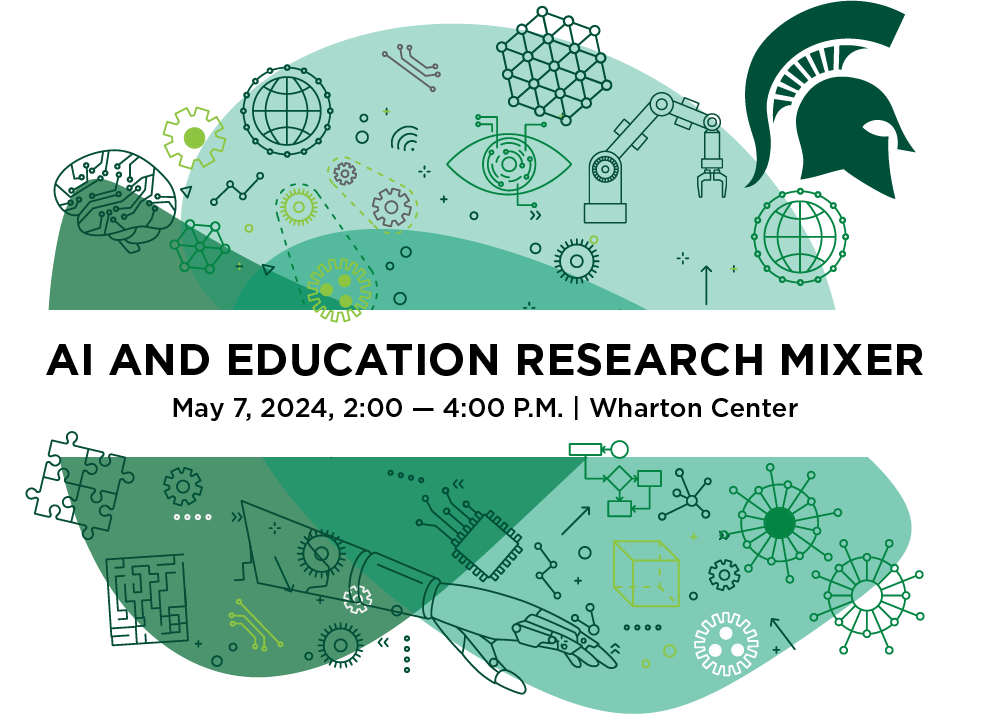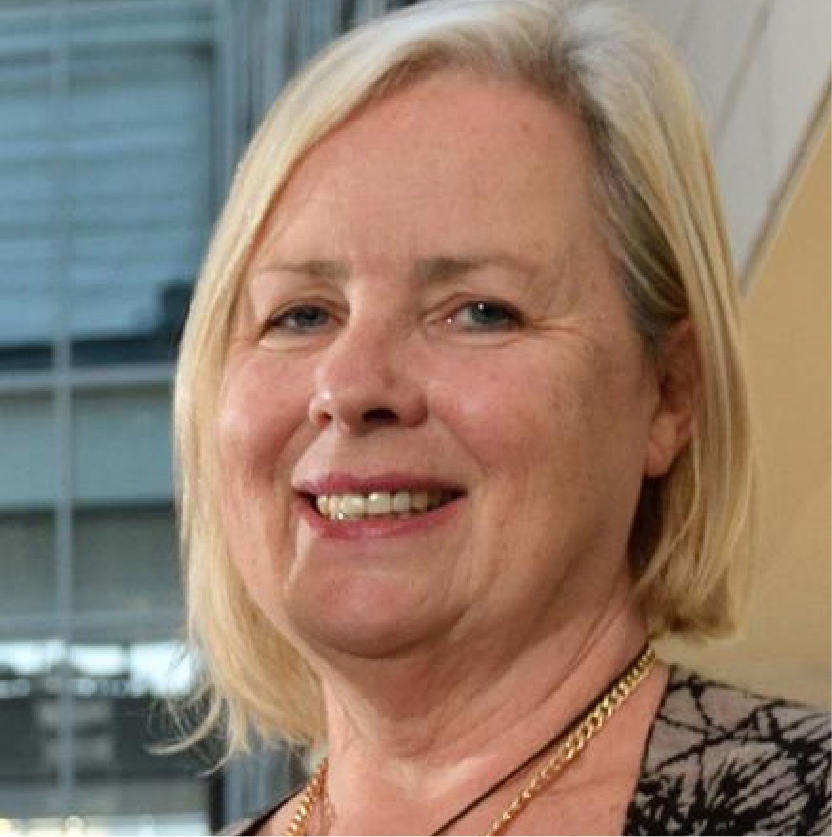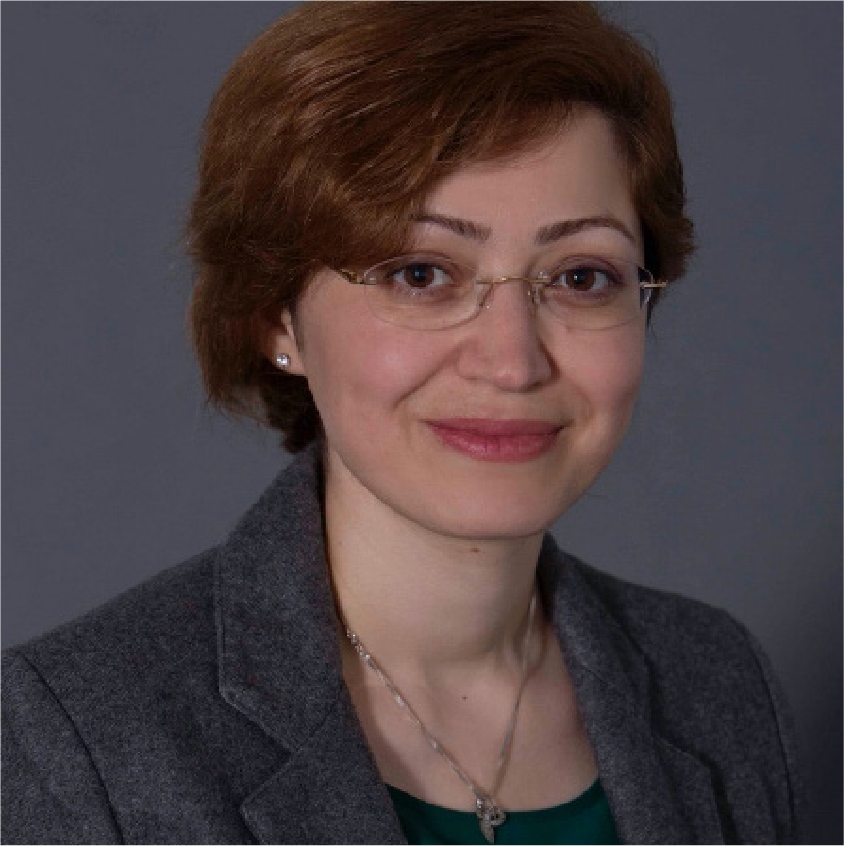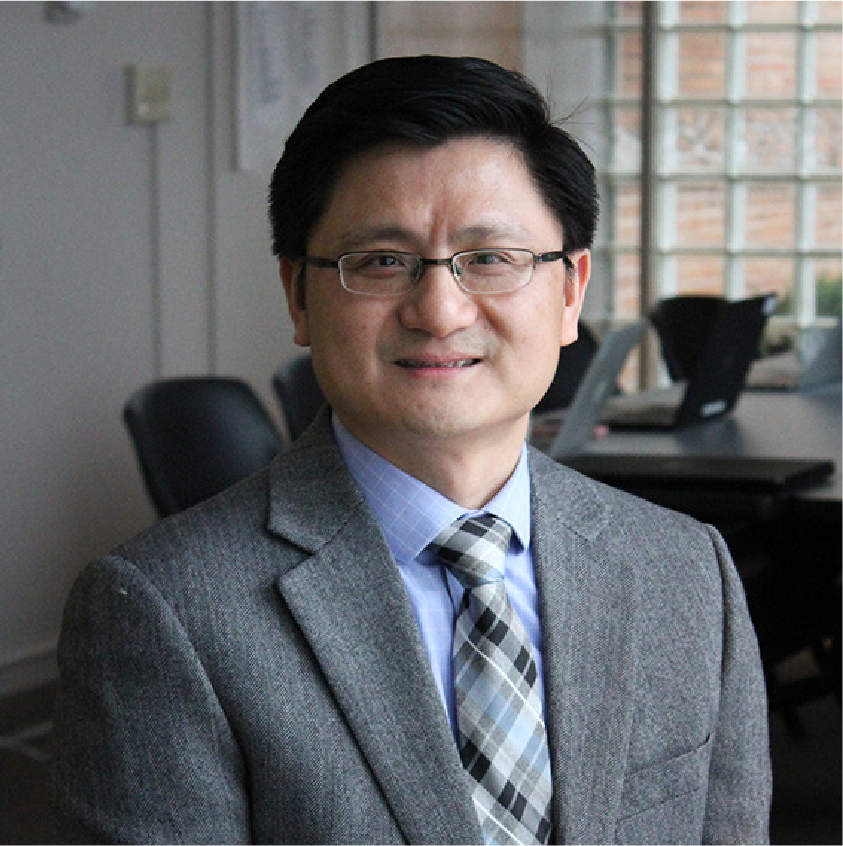AI and Education Research Mixer

In the last three years, AI has seamlessly integrated into our daily lives, from shopping to improving our health. It has also revolutionized our research landscape. Now, it's time to explore the transformative power of Generative AI, a cutting-edge innovation that has emerged in the past year and a half. How can Generative AI revolutionize our research in education? How can it empower us to analyze vast datasets, uncover trends, and tackle critical educational questions with unprecedented efficiency?
The fusion of AI and educational research presents new pathways to enhance learning worldwide. At this event, you will hear a series of flash talks that explore the ways AI can enhance learning environments, support the diverse needs of teachers and students, and harness the power of theory-driven and data-driven insights to revolutionize education research. Following the flash talks will be time for networking.
As an institution dedicated to the science of learning, MSU recognizes the importance of staying at the forefront of AI and machine learning advancements. This mixer will provide a gateway to unlocking AI's potential in your research endeavors at MSU. Don't miss out on this opportunity to shape the future of education through the lens of AI.
Registration for this event is now closed.
Agenda
2:15 - Welcome - Doug Gage, Vice President for Research and Innovation
2:20 - Setting the Context - Jerlando Jackson, Dean College of Education
2:25 - Introduction of Speakers - Joe Krajcik, Director CREATE for STEM Institute
2:30 - Flash Talks, 6 minutes each
- Kui Xie: Toward a Holistic Agenda on AI and Education in Advancing Research and Supporting Community and Practice
- Parisa Kordjamshidi: Reasoning Over Natural Language and Visual Data: Leveraging AI in Stem Education
- Melanie Cooper: Using Retrieval Augmented Generation (RAG) AI to Support and Evaluate Student Learning
- Kevin Haudek: Using AI to Evaluate Multimodal Assessments in Science Education
- Namsoo Shin: Supporting Teacher Timely Instructional Decisions Using Artificial Intelligence-Assisted Information to Promote Student Science Learning
- Dwayne Ray Cormier: Exploring AI's Impact: Opportunities for Education, Research, and Innovation
3:05 - Q&A Session with Flash Talk Speakers - Joe Krajcik, moderator
3:25 - Concluding Remarks - Phil Duxbury, Dean College of Natural Science
3:30 - Networking
Flash Talk Speakers

Melanie Cooper is the Lappan-Phillips Professor of Science Education and professor of Chemistry at Michigan State University. Her research includes the development and assessment of STEM curricula based on theories of learning and evidence about how people learn, the impact on student learning, and how students perceive these transformed curricula. She has worked to cross disciplinary boundaries to develop coherent approaches to STEM teaching and learning by leading a team of DBER researchers to develop a coherent approach to gateway STEM courses in higher education.

Dwayne Ray Cormier, Founder and CEO of Culturally Responsive Solutions, LLC, is a visionary leader with a diverse background. His journey includes roles as a middle school science teacher and assistant professor at an R1 institution. Dr. Cormier’s academic journey culminated with a doctorate in Curriculum and Instruction from Pennsylvania State University, emphasizing Curriculum and Supervision. His extensive knowledge of culturally responsive praxis and DEIB (Diversity, Equity, Inclusion, and Belonging) has made him a recognized expert in the field. Driven by his passion for advancing education and technology, he spearheaded the development of VSorts™—a groundbreaking AI platform for qualitative data analysis in the Advanced Analytics industry.

Kevin Haudek is an associate professor in the Department of Biochemistry and Molecular Biology and CREATE for STEM Institute at Michigan State University. He engages in discipline-based education research to understand how students learn to use disciplinary ideas and engage in scientific practices. As part of this research, he utilizes approaches from artificial intelligence to help develop science assessments and evaluate student responses as part of formative assessment.

Parisa Kordjamshidi is an assistant professor in the Department of Computer Science and Engineering at Michigan State University. She holds an affiliation with Florida Institute for Human and Machine Cognition as a research scientist. Her research interests include machine learning, natural language processing, combining learning and reasoning paradigms and learning-based programming. She is a recipient of a National Science Foundation CAREER Award in 2019.

Namsoo Shin is the Associate Director of Global Engagement in the CREATE for STEM Institute and is an associate professor in Counseling, Educational Psychology, and Special Education at Michigan State University. She is interested in the research and development of individualized, customized learning environments to support the learning of all students. She is engaged in complex research and evaluation of various projects and in designing classroom activities, learning technology tools and assessment. Her work focuses on evidence-based learning progressions to inform curriculum, instruction and assessment design and supporting learners in developing everyday problem-solving skills.

Kui Xie is the Red Cedar Distinguished Professor and Chairperson of Department of Counseling, Educational Psychology, and Special Education at Michigan State University. His research investigates areas related to motivation and engagement in digital learning, K-12 technology integration and teacher professional development, technology intervention and learning environment, learning analytics and research methods. He focuses on building translational research in partnership with K-12 schools. He has published extensively in flagship journals in crossover fields of Educational Technology, Educational Psychology, and others. His work has been highly visible to the general public appearing in The Conversation, U.S. News, NPR Radio, TIME, etc.
